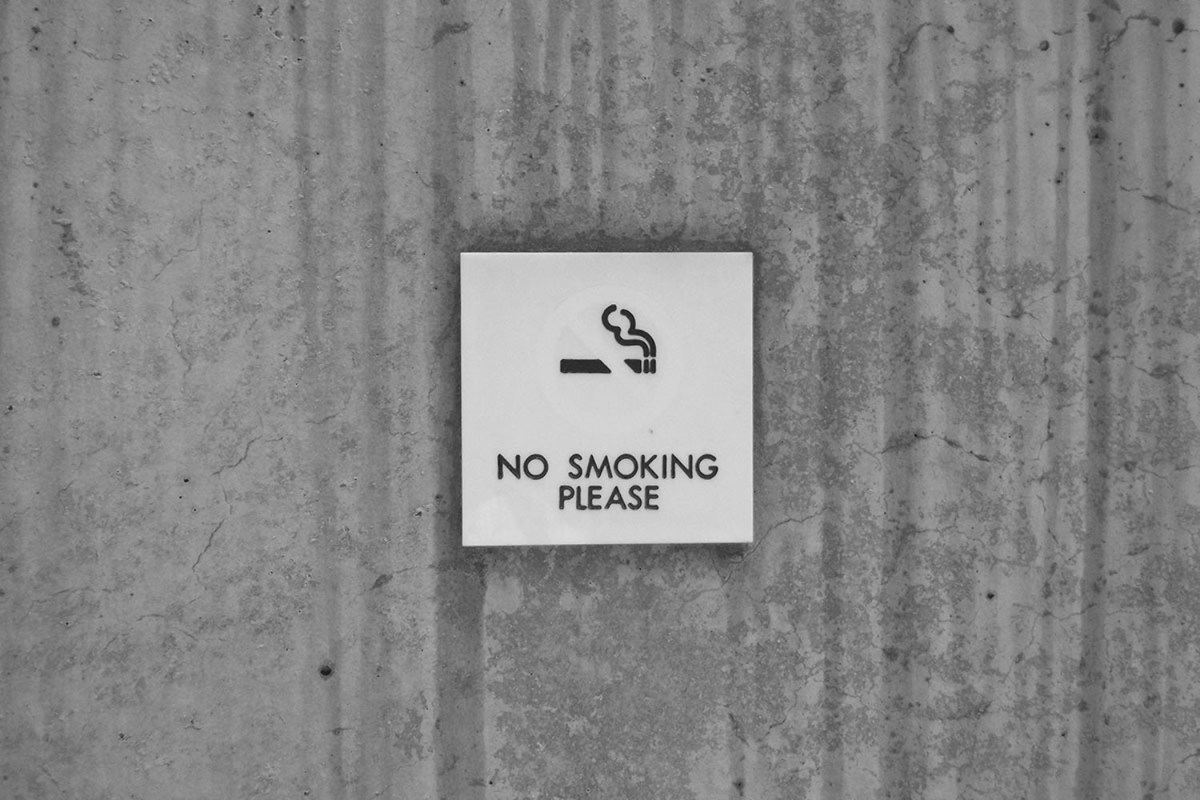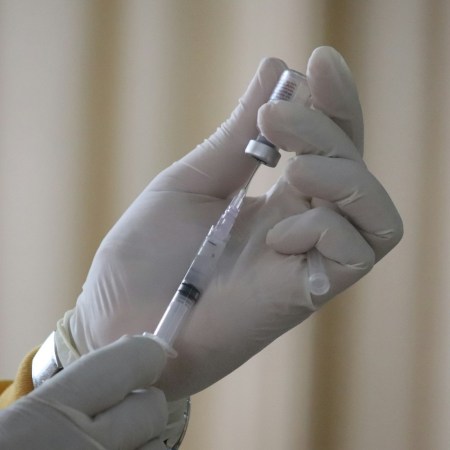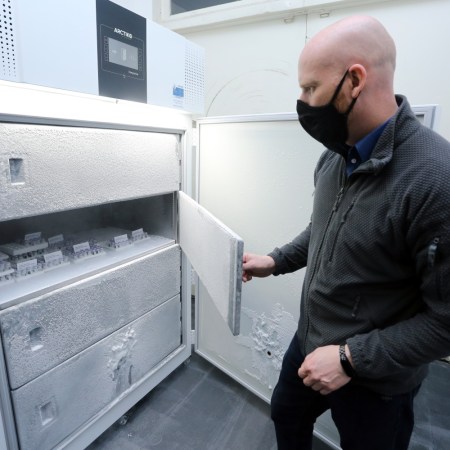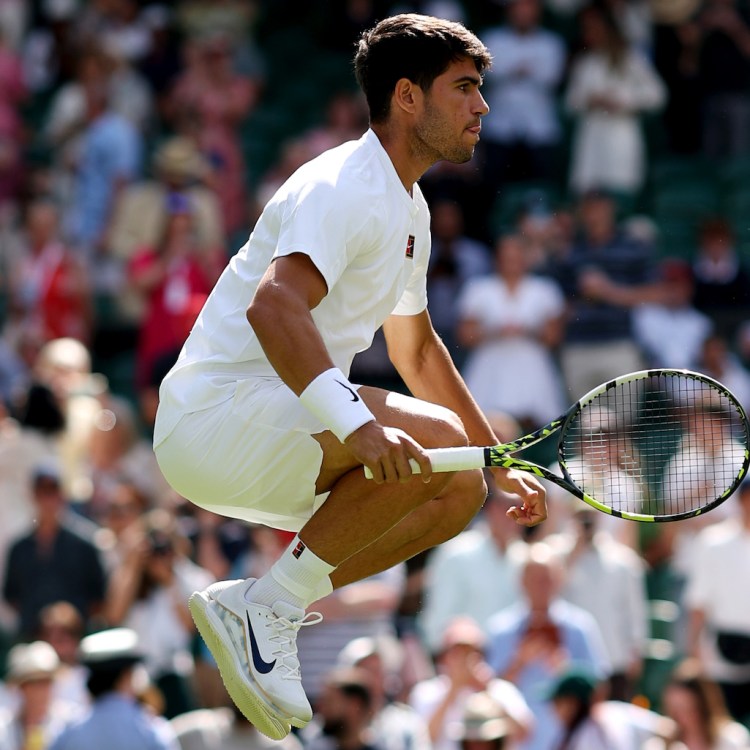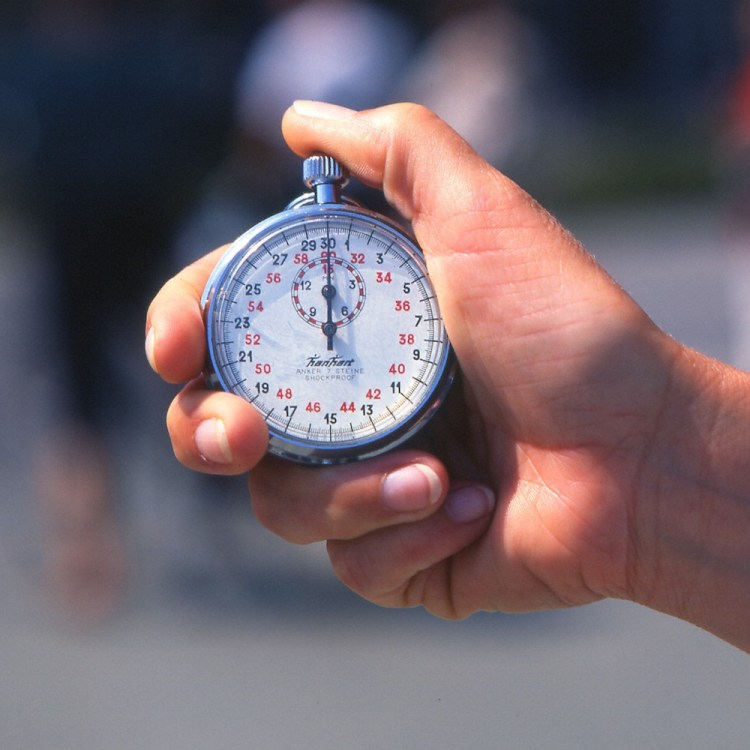Since the very start of the pandemic, we’ve tried to contextualize daily, monthly and yearly death tolls in terms of other pathogens and tragic events.
We’ve compared the number of lives lost to to 9/11, to World War II, to the Spanish flu. It’s usually a bid for perspective, in an attempt to make those numbers mean something (or make someone feel something again, as living with loss becomes increasingly commonplace). But these links are tenuous at best. All deaths are situational. It’s rare that adding more numbers to the equation makes those initial numbers any more real.
And yet, there is one figure that could help along our understanding of where this pandemic is currently headed. It’s 480,000 — the number of Americans that die each year from smoking.
We have reached a crossroads with COVID-19, where, statistically speaking, surviving the pandemic has become something of a decision for many. Those who’ve stiff-armed the vaccine like to say that it is a “personal choice.” Sometimes those words are a bid for privacy. Oftentimes they’re a middle finger. Either way, they’re correct. Yes, refusing the jab is a personal choice. And so are the health consequences that come with it.
As The Atlantic details in a recent feature, the closest comparison for anti-vaxxers is now smokers. A public health professor says the worst-case scenario moving forward, as COVID-19 potentially morphs into a seasonal, flu-like virus, is that a few hundred thousand unvaccinated Americans will die each year. (There’s some depressing irony somewhere in there, considering many of today’s anti-vaxxers were the ones falsely calling the coronavirus a “flu” nearly two years ago.)
That death toll would be similar to the number that claims Americans from cigarette smoking each year, but more importantly, the circumstances that precipitate those deaths are awfully similar. They’re behavioral. Smoking is a conscious choice with zero proven health benefits. You wouldn’t find a single medical professional worth their salt that would prescribe a box of Newports. How is refusing a life-saving vaccine any different?
Consider this: You’re up to 30 times more likely to die from lung cancer if you smoke cigarettes. If you’re unvaccinated, you’re 68 times more likely to die from COVID than people who are boosted.
If there’s one key difference here, it’s the addictive power of nicotine. Vaccine-hesitancy doesn’t have an equivalent. You could make a case for the internet, where anti-vaxxers tend to find like-minded people who share misinformation. It’s possible that can fill up the reward center of a confused brain. But if anything, the lack of a clear addiction makes the decision all the more disheartening. It’s willful ignorance, on a mass scale. At least smokers are trying. According to the CDC, 68% of adult smokers want to quit.
When a lifelong smoker dies from lung cancer, we may nod, or whisper, “He’d smoked since I was a kid,” but rarely do we hold it against them. There’s more sadness than scorn. At the moment, that doesn’t seem to be the case for unnecessary COVID deaths. There are online death tallies dedicated to dancing on the graves of anti-vaxxers. Is that right? Of course not. But the only way for us to get used to these deaths, paradoxically, is for thousands of them to happen, year after year, for years to come.
The Charge will help you move better, think clearer and stay in the game longer. Subscribe to our wellness newsletter today.
